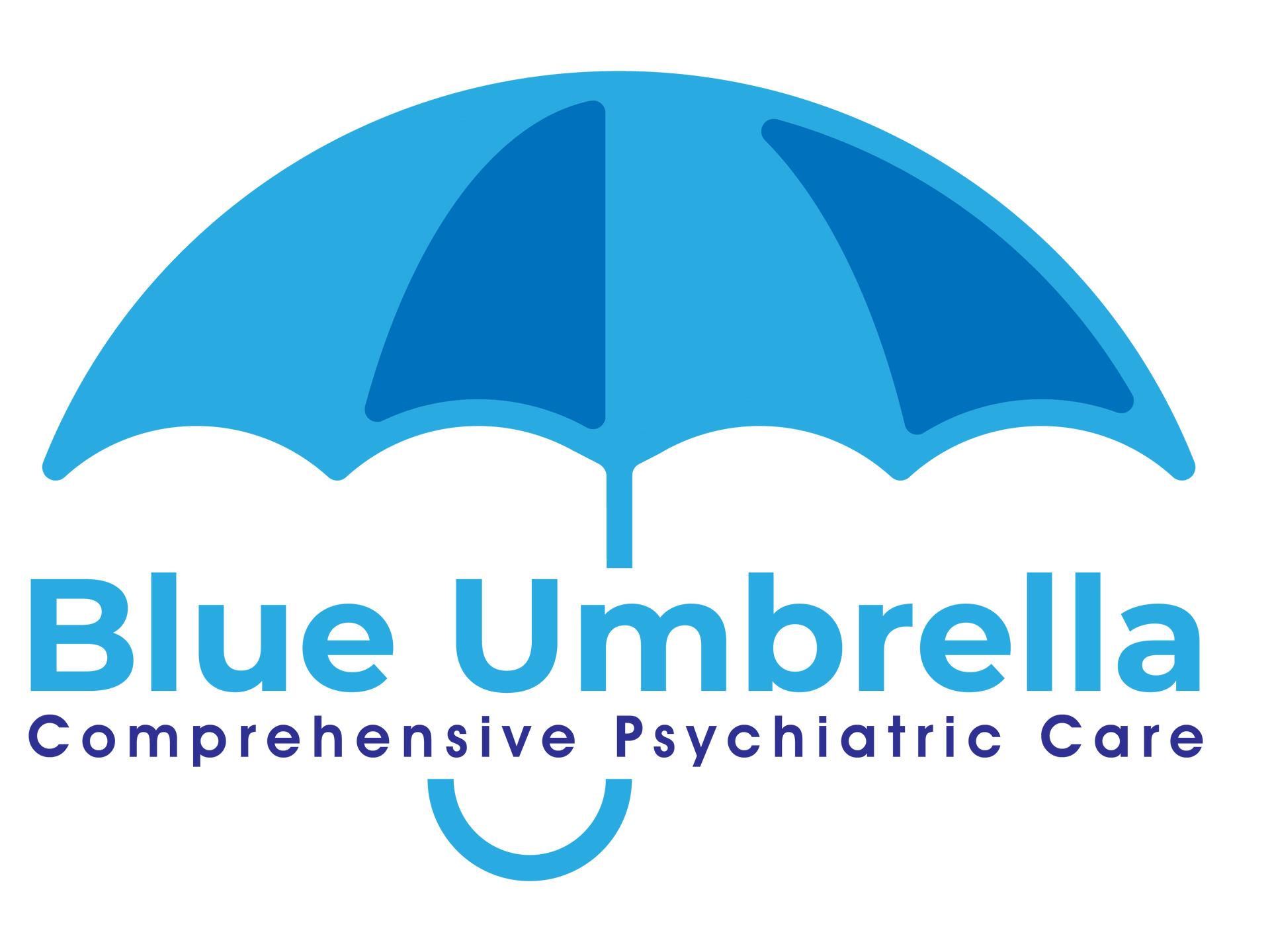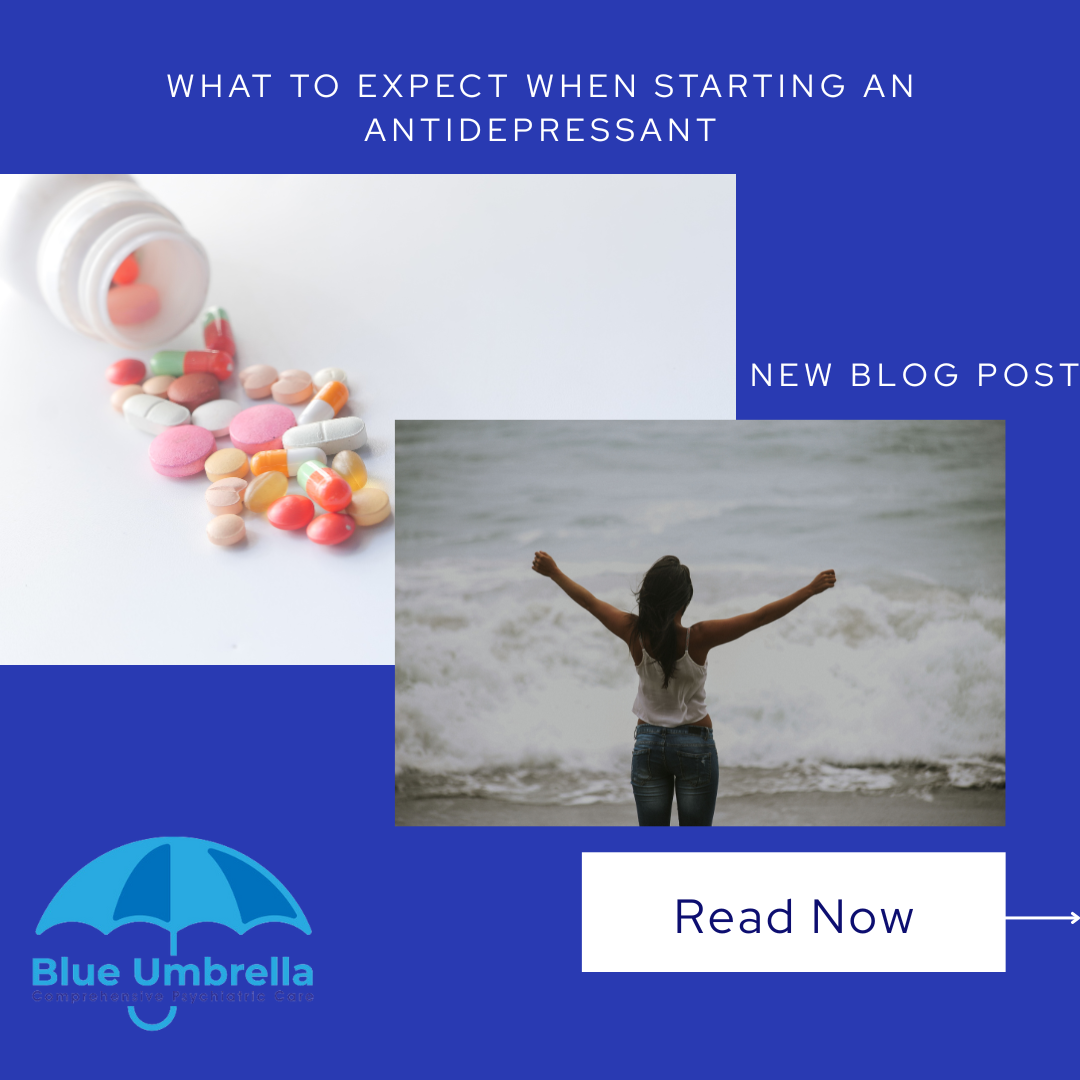In our bustling, always-on world, pausing for a bit of self-care feels more like a luxury than a necessity. But here's the thing: self-care isn't just about spa days or indulgent treats. It's about the daily rituals we incorporate to ensure our minds and bodies are at their best. Let's dive into creating a self-care routine that's both holistic and tailored just for you!
1. Embracing the Beauty of Mental Well-being
First off, let's chat about why mental well-being is such a big deal. It's the magic sauce that influences our daily moods, thoughts, and actions. When our minds are in a good place, everything else just seems to fall into place, right?
2. Mindfulness and Meditation: More Than Just Buzzwords
Ever tried just sitting still and focusing on your breath? That's mindfulness in action. Meditation, its close cousin, is all about being present. Even if it's just for 5 minutes during your lunch break, it can work wonders in calming that busy mind of yours.
3. Get Moving and Grooving
Our minds and bodies are deeply connected. A little dance in your living room, a quick jog around the block, or even some stretching can lift your spirits. Find your rhythm and go with it! Certainly!
Physical activity plays a pivotal role in promoting mental health. Engaging in regular exercise releases endorphins, which are natural mood lifters, helping to combat conditions like depression and anxiety.
Additionally, physical activity offers a constructive outlet for stress and tension, aids in improving sleep quality, and boosts self-esteem by enhancing one's body image and cognitive function.
By fostering a sense of accomplishment and providing a distraction from negative thought patterns, exercise acts as a powerful tool in maintaining and enhancing mental well-being.
4. Dreamland Awaits: Prioritize Sleep
Who doesn't love a good night's sleep? It's the time our bodies reset and our minds dream. Aim for those golden 7-9 hours, and maybe indulge in some cozy pajamas or calming bedtime tea.
Sleep is fundamental to mental health and well-being. Adequate rest allows the brain to process and regulate emotions, leading to improved mood and resilience against stress. Consistent sleep patterns also enhance cognitive functions, including memory and decision-making, reducing the risk of mental fog and irritability.
Moreover, during deep sleep, the brain undergoes essential repair and detoxification processes, helping to prevent mood disorders like depression and anxiety. In essence, quality sleep acts as a rejuvenator, ensuring emotional stability and mental clarity.
5. Eat, Drink, and Be Merry
Food is fuel, but it's also joy. Opt for colorful veggies, munch on nuts, and hydrate with water or herbal teas. Remember, it's all about balance so that occasional chocolate or ice cream? Totally okay!
Eating a balanced and nutritious diet directly impacts mental health by providing the brain with essential nutrients for optimal function. Nutrient-rich foods support neurotransmitter synthesis and brain cell protection, which can enhance mood and cognitive abilities.
Moreover, a healthy diet can stabilize blood sugar levels, reduce mood swings, and promote sustained energy, which collectively contributes to a more balanced and positive mental state.
6. Set Loving Boundaries
In our hyper-connected world, it's okay to unplug. Set aside "me-time", mute those group chats, and remember, it's perfectly fine to say no sometimes.
Setting boundaries is crucial for mental well-being as it ensures individuals have the space and energy to prioritize their needs and emotions. By clearly defining limits, individuals can prevent feelings of overwhelm, burnout, and emotional drainage, fostering a sense of control and self-respect in their personal and professional relationships.
Boundaries act as protective barriers, safeguarding mental and emotional health from potential stressors and conflicts.
7. Dive into Passion Projects
Remember that hobby you always wanted to pick up? Now's the time! Whether it's knitting, painting, or singing at the top of your lungs, let your heart lead the way.
Engaging in hobbies provides a therapeutic escape, allowing individuals to immerse themselves in activities that bring joy and a sense of accomplishment.
Hobbies offer a break from daily stressors, promoting relaxation and creativity, which can enhance mood and reduce feelings of anxiety or depression. By fostering a sense of purpose and mastery, hobbies play a vital role in boosting self-esteem and overall mental well-being.
8. Heart-to-Heart Connections
Call up a friend, write a letter, or have a cozy family dinner. These moments of connection are the threads that weave the fabric of our lives.
Strong relationships with friends and family offer a foundational support system, providing individuals with a sense of belonging and emotional security. These connections act as a buffer against life's challenges, offering comfort, guidance, and validation.
Engaging in meaningful interactions with loved ones can elevate mood, reduce feelings of isolation, and provide opportunities for shared joy, all of which are essential for nurturing mental well-being.
9. It's Okay to Seek a Helping Hand
If the clouds seem a bit too dark, remember, it's okay to seek out professional help. Therapists and counselors are like mental health's guiding stars.
Seeking a mental health professional provides individuals with expert guidance and tailored strategies to navigate emotional and psychological challenges. Engaging with a therapist or counselor offers a safe space for self-reflection, understanding, and growth, facilitating the development of coping mechanisms and resilience.
This proactive approach not only addresses immediate concerns but also equips individuals with tools to maintain long-term mental well-being.
10. Count Your Blessings
Before you drift off to sleep, think of three things you're grateful for. It's a simple act that can shift your entire perspective.
Practicing gratitude shifts one's focus from what's lacking to what's abundant in life, fostering a positive mindset. By regularly acknowledging and appreciating the good, individuals can combat negative thought patterns, reduce feelings of envy or resentment, and enhance overall life satisfaction.
This simple act of recognizing blessings can significantly elevate mood and foster a more optimistic outlook on life, bolstering mental well-being.
11. Nature's Embrace
Nature has a unique way of healing. Whether it's listening to the rain, feeling the sun's warmth, or taking a walk in the park, let nature embrace you.
Spending time in nature acts as a rejuvenating escape from the urban hustle, allowing individuals to connect with the calming rhythms of the natural world. Immersing oneself in green spaces or by water bodies can reduce stress, lower anxiety, and enhance mood by promoting relaxation and decreasing exposure to overstimulating environments.
Nature's serene settings offer a backdrop for reflection and mindfulness, fostering mental clarity and a sense of well-being.
Wrapping Up
Embarking on a self-care journey is like giving yourself a warm, comforting hug every day. It's a gentle reminder that you matter, and you deserve all the love and care in the world. Crafting a holistic self-care routine is like planting a garden. With time, patience, and love, you'll see it bloom. Remember, dear reader, you're worth every moment you invest in yourself. Here's to a journey filled with self-love, laughter, and countless moments of joy. Cheers to you! 🌼🌟













